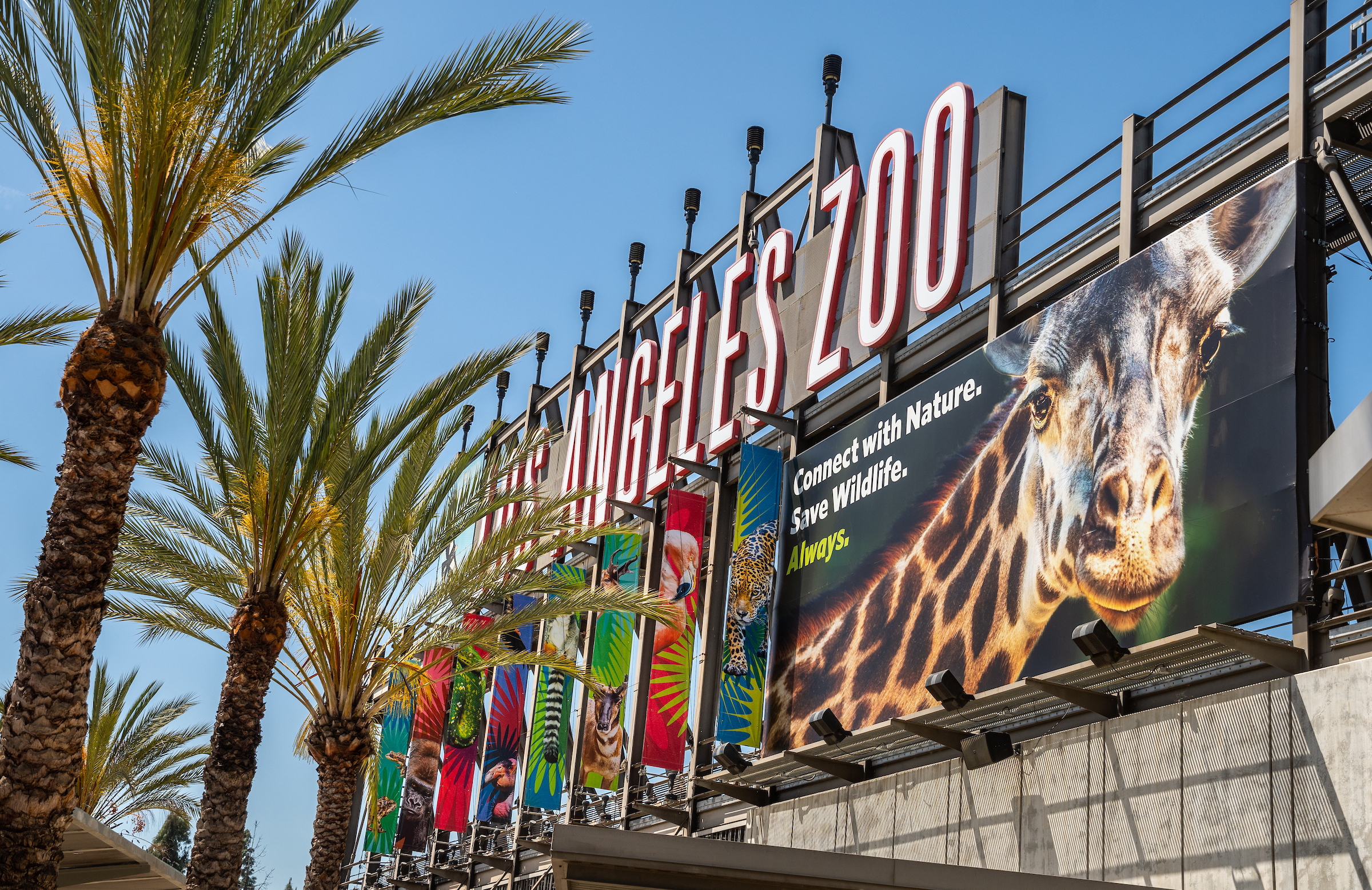The Zoo Unveiled its Plan to Preserve Biodiversity During a Live Keynote on July 22, 2021
The Los Angeles Zoo launched its groundbreaking Conservation Strategic Plan during a live keynote address on Thursday, July 22. This Plan is the first in the L.A. Zoo’s history solely dedicated to wildlife conservation and aligns with the Zoo’s renewed efforts to have a collective impact both here in Los Angeles and around the world. This Plan guides the Zoo’s efforts for the next five years by leveraging its knowledge, expertise, partnerships, and engagement with its diverse communities to focus on changing the landscape of conservation.
“This is historic for both the Los Angeles Zoo and the City of Los Angeles,” said Denise M. Verret, CEO & zoo director of the L.A. Zoo. “Our Zoo is the City’s treasured resource for connecting Angelenos with wildlife and nature, and we are doubling down on that promise with this comprehensive strategy that includes every person in our community in the action to save wildlife. It is important to recognize that conservation has historically failed the communities most affected by the degradation of our environment. This is our City. This is our world. It will take all of us working together to preserve it. Whether it is working locally with LAUSD school groups or abroad in villages in Costa Rica, engagement and empowerment are essential for this plan to succeed.”
The Zoo’s Conservation Strategic Plan directs its effort in six focal areas: 1) social & environmental justice, 2) human-wildlife co-existence, 3) California conservation, 4) illegal wildlife trade, 5) conservation translocations, and 6) evidence-based conservation. To address the critical issues within these focal areas and accelerate success, the L.A. Zoo has started key new initiatives with departments and organizations in Los Angeles, such as L.A. Sanitation & Environment, the Department of Recreation and Parks, and Griffith Park.
“The conservation challenges facing our world are rapidly growing, and we have to improve the strength and speed of our response,” said Dr. Jake Owens, director of conservation at the L.A. Zoo. “The L.A. Zoo has a celebrated history of conservation successes, including the revolutionary founding partnership with the California Condor Recovery Program. If it weren’t for the expertise, trusted partnerships, dedicated staff, and critical resources of the L.A. Zoo, the California condor, L.A.-native southern mountain-yellow legged frog, and other species would likely be extinct today. But we have to do more and with more intention towards achieving measurable outcomes. This Plan provides us with the tools and focus to make significant strides in our six focal areas over the next five years and beyond, and will help identify and create the partnerships needed to see it through.”
Current partnerships that the Zoo is expanding on include but are not limited to the Gorilla Rehabilitation and Conservation Education Center (GRACE) in the Democratic Republic of the Congo, the Peninsular Pronghorn Recovery Project in Baja California, Mexico, and Wildlife Trust of India in India. The Zoo is also working with key stakeholders in conservation and community engagement within Griffith Park to increase collaboration and advance efforts therein.
By 2026, with meaningful community engagement and the assistance and guidance from both current partnerships and future collaborators, the Zoo strives to 1) effectively remove barriers and increase accessibility to achieve lasting conservation success, 2) create innovative solutions to bridge the gap with wildlife technology, virtual volunteers, and range country partners, 3) leverage our expert resources and partnerships to combat the illegal wildlife trade, 4) promote human-wildlife co-existence, and 5) create evidence-based solutions to conservation challenges. Individuals and organizations interested in partnering with the L.A. Zoo as part of its Conservation Strategic Plan should visit lazoo.org/save-wildlife for more information.

